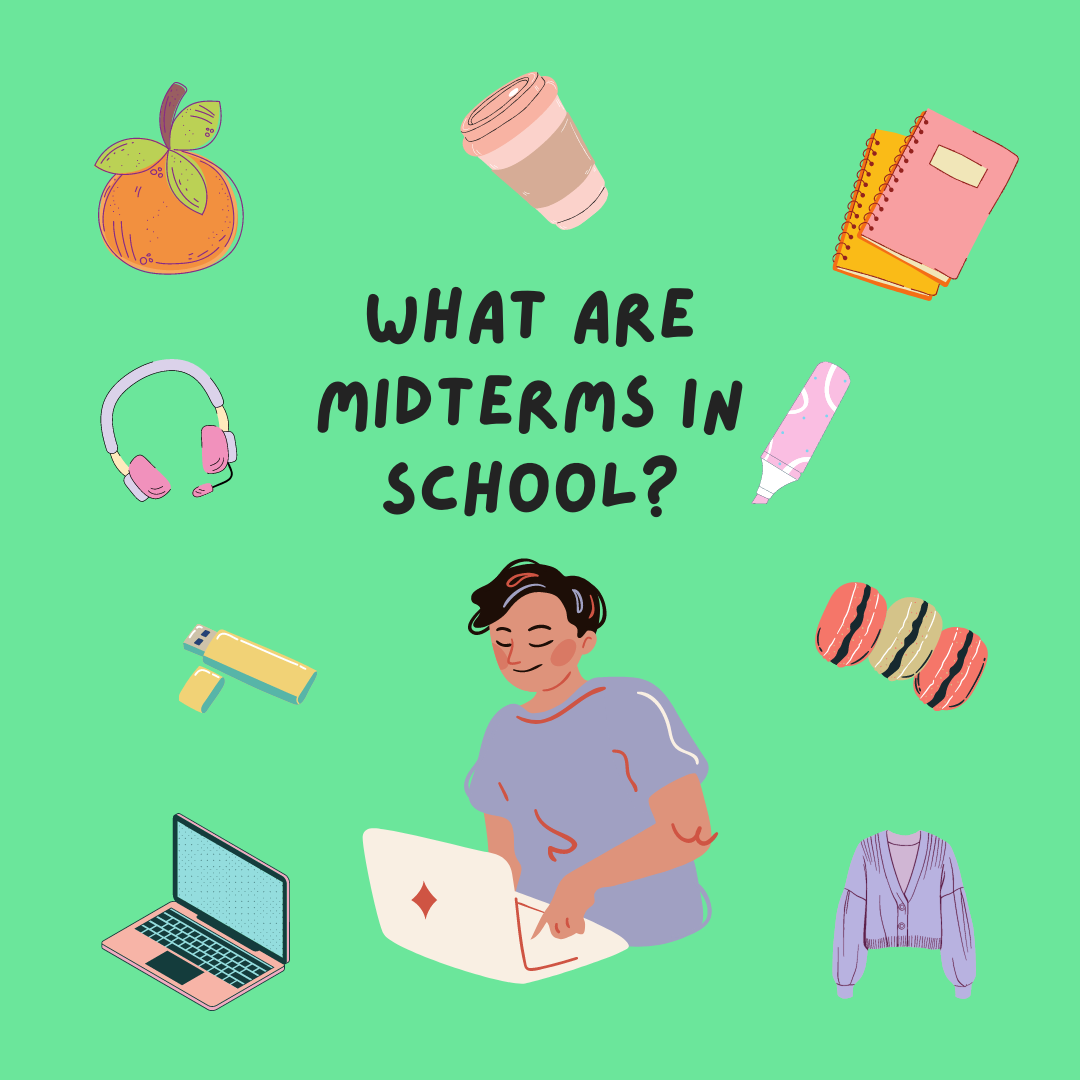Midterms are an important part of any school year, and they can be a make-or-break time for students.
They’re usually a time when students start to feel the pressure of having to do well in school. And if they don’t do well on midterms, it can be hard to make up the ground later on.
Midterms can also be a good time for students to assess how they’re doing in their classes. If they’re not doing well, it can be a sign that they need to study more or get help from a tutor.
So what exactly are midterms? Let’s discuss everything you need to know about midterms.
What is a midterm and when are midterms in school held?
A midterm is a type of formative assessment given in the middle of a high school term. It typically covers material from the first half of the quarter. Midterms are usually given in October and November for fall semester classes, and in February and March for spring semester classes.

What’s the difference between a midterm and a final exam?
A final exam is given at the end of the quarter and covers material from the entire term. A midterm covers material from only the first half of the quarter.
Related: How to Tell Your Friends You Are Transferring Schools
What is the purpose of a midterm?
The purpose of a midterm is to evaluate students’ progress in a course. A midterm exam identifies areas that need to be improved and the results can be used to shape the rest of the course material. Midterms provide feedback to both students and teachers about what has been learned and what still needs to be learned. Although in most schools, midterms are not taken into account when calculating final grades, it is understood that a midterm effectively measures how a student might perform at the end of the academic year.

How can I prepare for my midterms?
Here are some tips for preparing for your midterms:
1. Start studying early
Don’t wait until the last minute to start studying. Begin reviewing your notes and material a few weeks in advance. This will help you retain the information better and reduce stress in the long run.
2. Create a study plan
Sit down and make a plan of what you need to study. Break down the material into smaller sections and allocate time for each section. This will help you stay organized and on track.
3. Find a study method that works for you
Everybody learns differently. Some people learn best by listening to audio recordings, others by reading texts, and others through writing out material. Find a study method that works better for you and stick to it.
4. Get enough sleep
Make sure to get enough rest before your exams. A good night’s sleep will help you focus and do your best on the test.
5. Relax
Try to relax and stay positive. Midterms can be stressful, but remember that you have prepared for this and that you can do it.
I failed my midterms – what should I do next?
If you have failed your midterms do not panic. The first step is to assess why you failed. Were there one or two bad grades that brought your average down? Or did you fail all of your midterms? If it was just a couple of bad grades, then you can try to raise your grade in those subjects by doing extra credit or speaking to your teacher.
If you failed all of your midterms, then you need to take a step back and assess your study habits. It is possible that you are not studying enough or in the right way. There are many different ways to study, and what works for one person might not work for another. Try out different techniques until you find one that works for you.
You might also like: Tips for Studying for Finals
How will you prepare for your midterms?
Midterms are an exam that takes place in the middle of an academic quarter. They usually cover material from the first half of the semester and can help students assess how well they are doing in their courses. Midterm exams vary in length and difficulty, but most students find them to be a valuable tool for gauging their progress.
To do well on midterms, students should start studying early and make sure to review all of the material covered in class. Additionally, many students find it helpful to create a study guide or use practice exams to prepare for their midterms. Share your tips for preparing for midterms in the comments below.



